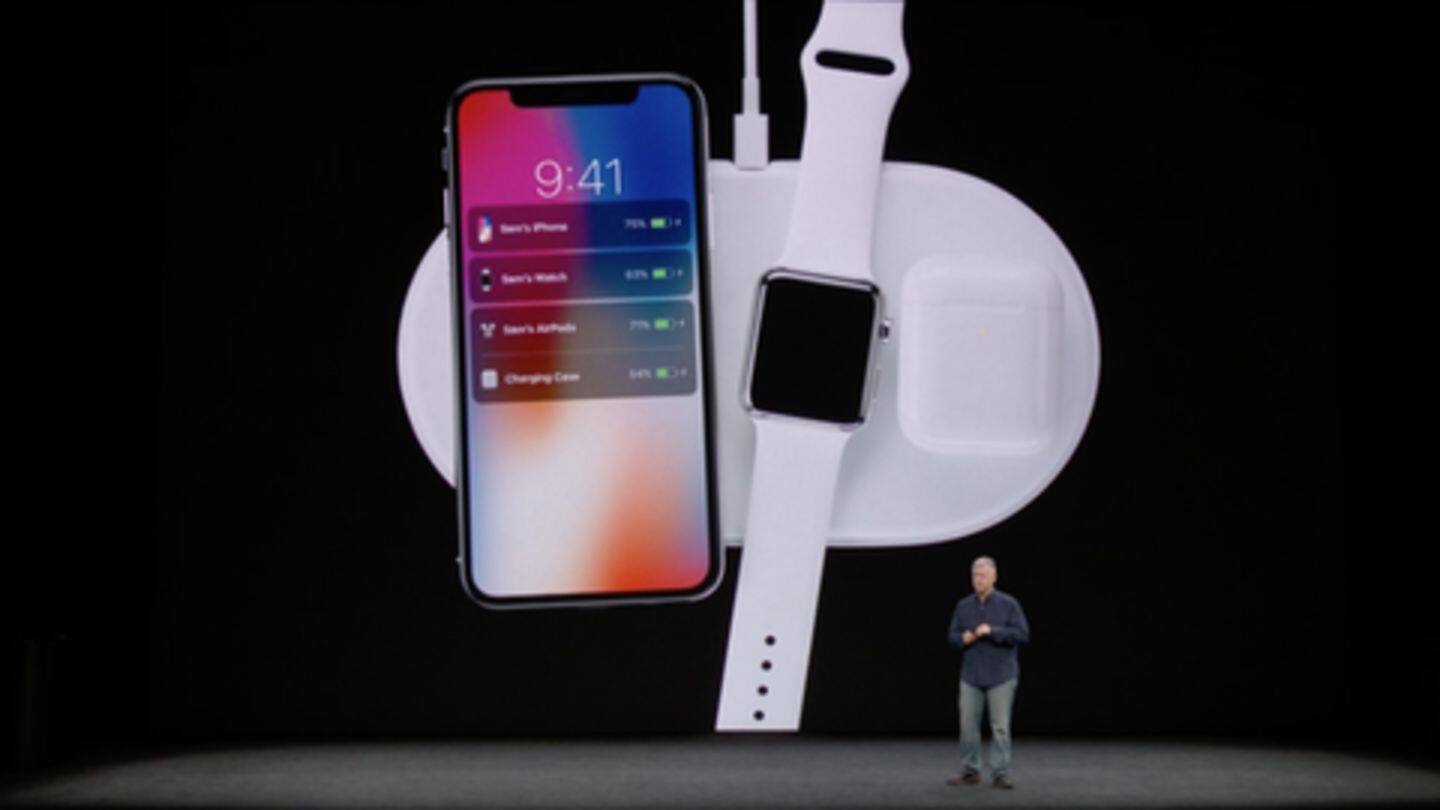
Here's why Apple canceled its AirPower wireless charger
What's the story
Announced way back in 2017 and forgotten since then, Apple's AirPower is now a canceled project. The iPhone maker has confirmed that the wireless charging mat has failed to meet the company's standards and has been called off. To recall, AirPower was a Qi-compatible wireless charger that could juice up multiple devices at once. Here's everything to know.
Official words
What does Apple have to say
"After much effort, we've concluded AirPower will not achieve our high standards and we have canceled the project. We apologize to those customers who were looking forward to this launch," said Dan Riccio, Apple's senior vice president of Hardware Engineering. "We continue to believe that the future is wireless and are committed to push the wireless experience forward."
Reason
Perhaps, Apple couldn't solve the overheating issue
Over the past year, multiple reports claimed that Apple was unable to pack enough coils in the charging mat for smaller devices like Apple Watch and AirPods. With more coils, it encountered overheating and interference issues that possibly caused devices to overheat to the point of damage. Perhaps, AirPower's long delay and eventual scrapping are related to tough engineering problems that Apple couldn't fix.
Time up
After months of efforts, Apple called it quits just recently
After its announcement in 2017, AirPower was expected to go on sale in a few months time. However, Apple failed to fix the heating issue and kept delaying the charging mat until now. Interestingly, there were reports that AirPower had gone into production and that it might launch in Q1 2019. Moreover, the retail packing of new AirPod cases also carried pictures of AirPower.
Pushing limits
Did Apple set its bar too high for the AirPower?
The basic concepts of wireless charging (inductive charging) are well established. However, Apple somewhere pushed the boundaries by promising the ability to charge multiple devices simultaneously by placing them anywhere on AirPower. This required a complex multi-coil design and highly-efficient power management that Apple engineers couldn't pull off. Hence, one wonders if Apple set its bar too high for the AirPower.